Table of Contents Hide
Depression is an emotionally draining mental disorder that can hamper your day-to-day life and hence must be acknowledged and treated as soon as possible. The taboo around mental health conditions has made it difficult to talk about them freely. Therefore, this guide attempts to help you open up about your depression to a doctor and seek the help that you need.
Talking about mental health and the issues associated with it can be difficult. The stigma around a lack of emotional well-being can be overwhelming enough to make them reluctant to talk about their feelings. Among these mental health problems, depression is one of the most prevalent disorders. The number of young adults and middle-aged people suffering from depression can be astonishing. According to the National Institute of Mental Health, an estimated 21 million adults in the United States had at least one major depressive disorder episode. This number represented 8.4% of all U.S. adults.
The shame around depression can keep people with depression from seeking the help and support they need to get better. As typical, people rarely take the initiative to work on their mental health issues in fear of being invalidated, or worse – being called crazy.
Today, we will talk about how you can approach your doctor and speak to them about depression so that they can help you to the best of their capabilities.
When Do You Need to See a Doctor?
Ups and downs are a part of life, but when the downs have persisted for too long, it may be a cause for concern. If you have been experiencing some of these symptoms of depression for an extended period, it might be time to see a professional.
- A train of negative thoughts regarding yourself, your life, or something that you have or have not done
- Loss of appetite
- Bouts of anxiety and high-stress levels
- Mood swings and sudden irritability to everything
- You are not enjoying the things that you usually love to do. Patients report losing interest in hobbies, studies, work, family, friends, and chores.
- Patients often complain of the inability to do basic tasks; a considerable number report “not being able to get out of bed.”
- Lethargy and a severe lack of energy
- Lack of motivation – patients often don’t see a point in doing anything
- Nihilistic thoughts
- Sleeping too much or too little
- Troubled concentration
- Hearing voices or seeing things that are not present
Speaking Up About Your Problem
As people often love to say, you cannot solve a problem if you don’t acknowledge it exists in the first place. Admitting depression can be difficult, but it is the first step toward recovery. You may feel embarrassed to seek help or explain your symptoms, but remember that the doctor is there to help, and they probably know more about the condition than you do. Even if you find your depression shameful or embarrassing, rest assured that your doctor will not. Doctors are trained to care for your overall well-being and want what’s best for you.
Many patients worry about telling their friends and family, and they prefer to maintain privacy. According to the Health Insurance Portability and Accountability Act (HIPAA) rule, your doctor is legally bound to keep whatever you discuss to themselves. This is a part of doctor-patient confidentiality and gives you the comfort and privilege to discuss your mental health issues without worrying about anybody else finding out.
How Should You Initiate The Conversation?
Mental health disorders should be treated just as doctors would treat any other medical issue. You provide an excellent history starting with what and how you feel, when it began, if it was gradual or sudden, connected to a life change, what you have done about it, and how it impacts your daily life.
Tell the doctor or mental health professional if you don’t feel like yourself and what kind of thoughts you have. This way, the doctor has an open window to ask more questions and investigate further. Do not hesitate to mention any dark or vengeful thoughts or suicidal tendencies. Your doctor has the best interests at their heart for you, and all they want is to help you.
What To Expect From The Doctor
Unfortunately, there is no definitive diagnostic test that would confirm that you have depression. Doctors usually diagnose depression by analyzing your history, evaluating your period of sickness, and judging the severity of the condition. For the doctors to do that, they must get the correct information out of you before proceeding further.
History
History is one of the most crucial parts of a clinical experience. It helps the doctor diagnose your condition and gauge the severity of your depression to devise a treatment plan. Your doctor may ask you about your thoughts and feelings in depth. They would explore when you started experiencing these feelings after a life event, such as postpartum depression occurring after giving birth, bipolar depression due to childhood trauma, or any accidents, sexual assault, emotional abuse, and negligence. Cooperate with your doctor and be honest when asking you these questions.
Counseling
The next thing your doctor will probably do is reassure you that you are not “crazy” as most people believe they are. They will inform you of your condition and explain what depression is and how prevalent it is. Next, they will counsel you regarding what kinds of treatments and help are available to help you recover. The most common and effective options include antidepressants, therapy, counseling, etc.
Tests
To determine the cause of your depression, your doctor may suggest a series of tests such as:
- Thyroid Function Tests (TFTs)
- Blood Tests such as Complete Blood Count (CBC)
- Creatinine and Blood Urea Nitrogen (BUN)
- Hormone levels
- Liver Function Tests (LFTs)
- Fasting blood glucose
- Cholesterol
- Calcium and magnesium levels
Treatment
While many doctors will wait and conduct a few more appointments before they decide to give you medications to treat your depression, some would deem it appropriate to medicate you immediately if necessary. Antidepressants return your body’s hormone levels to normal and stabilize your mood. The most commonly prescribed medications for depression treatment (antidepressants) are:
- Zoloft (sertraline): Zoloft is the most commonly prescribed antidepressant. Zoloft is highly effective, although some people find it’s more likely than other SSRIs to cause diarrhea.
- Prozac (fluoxetine): Prozac is still one of the most popular SSRIs in the United States. It’s FDA approved for children and teenagers.
- Celexa (citalopram): Studies show that Celexa works as well as other SSRIs and has similar side effects.
- Lexapro (escitalopram): Along with Prozac, Lexapro is one of the only SSRIs that’s been approved by the FDA for teenagers to use.
Your doctor may also suggest some lifestyle changes such as figuring out a routine and sticking to it, exercising, reading self-help books, talk therapy, and so on. Next, they may refer you to a specialist if necessary. They may also ask you to follow up for more appointments if needed.
Bottomline
Depression can be a difficult disorder to deal with on your own, and you must seek help from a doctor rather than self-medicating or finding alternate ways to feel better. Speak up about your condition, do not suffer quietly. That is the first step to getting and feeling better. While the stigma associated with the disease has made it harder to seek support, you should prioritize your mental health and ask for help when needed.
FAQs
Which doctor helps with depression?
You can talk to your primary care doctor who can screen for depression and may prescribe antidepressants. They may provide a referral for a psychiatrist.
A lot of people may talk to a Psychiatrist directly. A psychiatrist is a medical doctor trained to diagnose and treat mental health disorders.
Who to talk to when you are depressed?
Mental Health America suggests the following avenues to get support:
Friends and family: You can start with a trusted and supportive friend or a family member. You can feel very relieved by opening up to the people closest to you.
Professionals: Professionals such as doctors, therapists, or counselors are trained to diagnose mental health issues and provide support. If you already see a doctor, that can be a great place to start.
Support groups: There are several people who have experienced what you are experiencing and they can provide support. Support groups can meet in person or online.
Anonymous helplines: Hotlines, warmlines, online support, or text lines can help, too. These are typically run by trained volunteers or employees whose job is to listen to those who reach out.
How to talk to my doctor about postpartum depression?
Reach out to the doctor or provider you are most comfortable with and feel like you can trust – a Family doctor, Obstetrician, Psychiatrist, or Midwife. Don’t wait to let the provider know how you are feeling. Let your provider know as soon as you become worried about the way you are feeling.
Can you talk to your family doctor about depression?
Yes! Primary care physicians and family doctors are trained to treat the entire patient – your physical health as well as mental and emotional health. So, a family doctor or primary care is a great place to start. They may refer you to a mental health expert.
References
https://www.webmd.com/depression/features/you-and-your-doctor
https://www.healthline.com/health/mdd/depression-doctor-guide#How-to-prepare



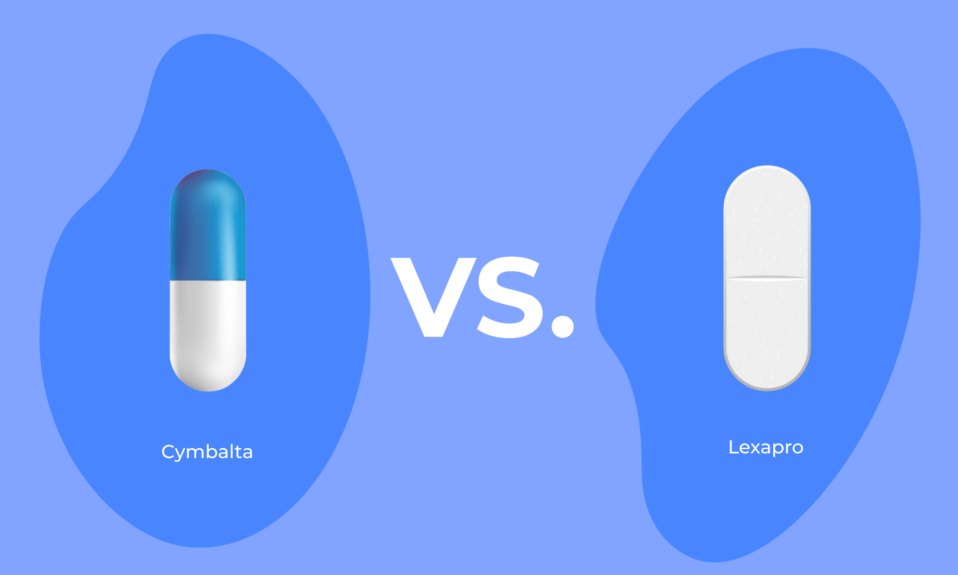
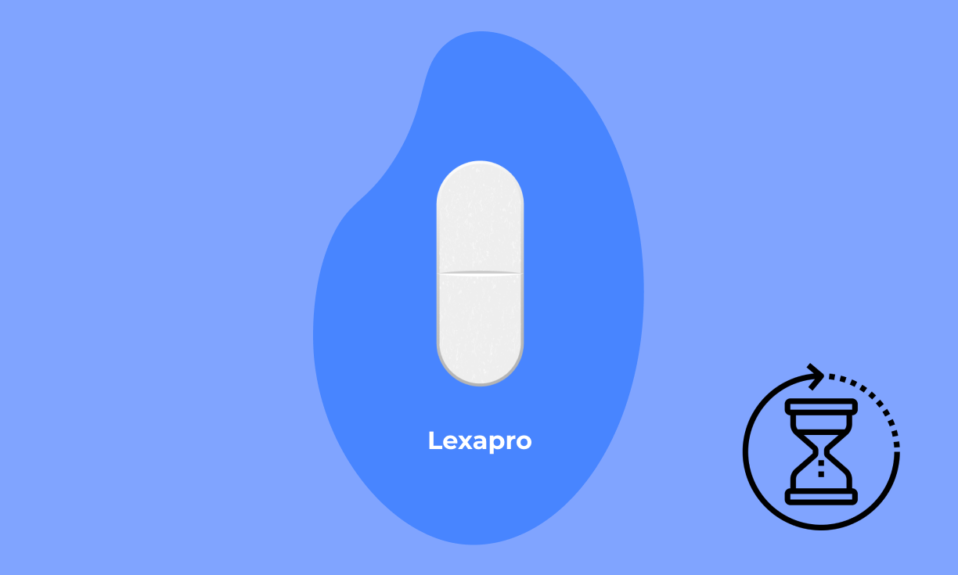
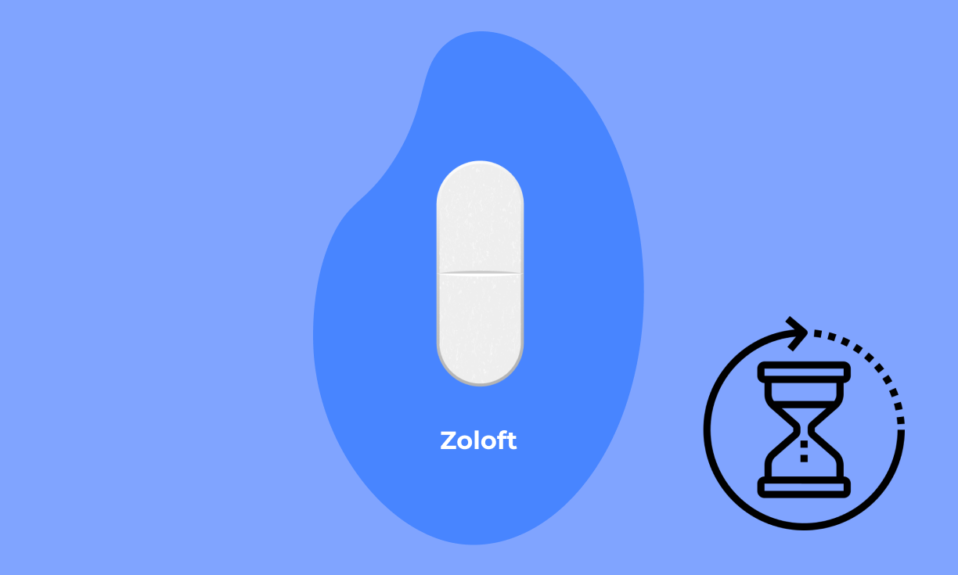
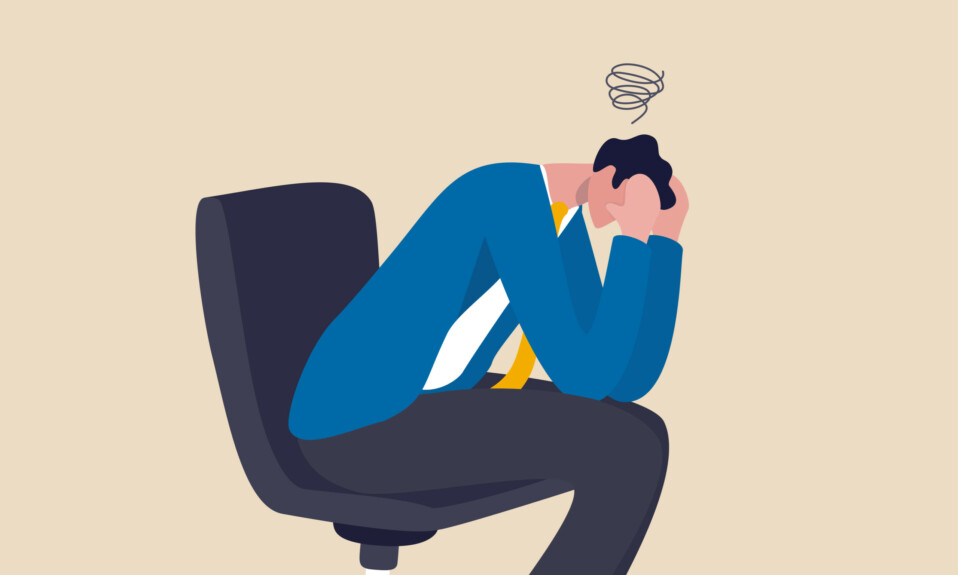
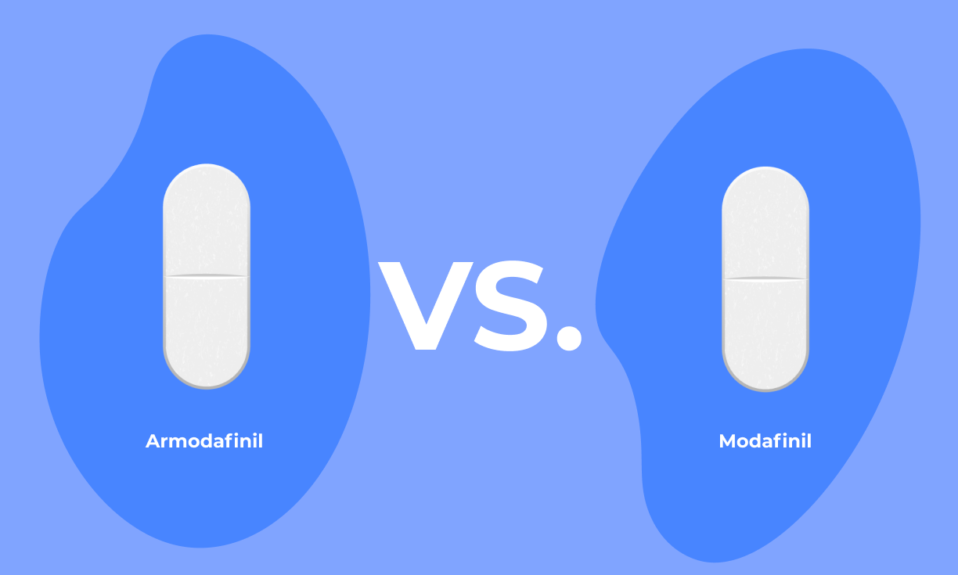
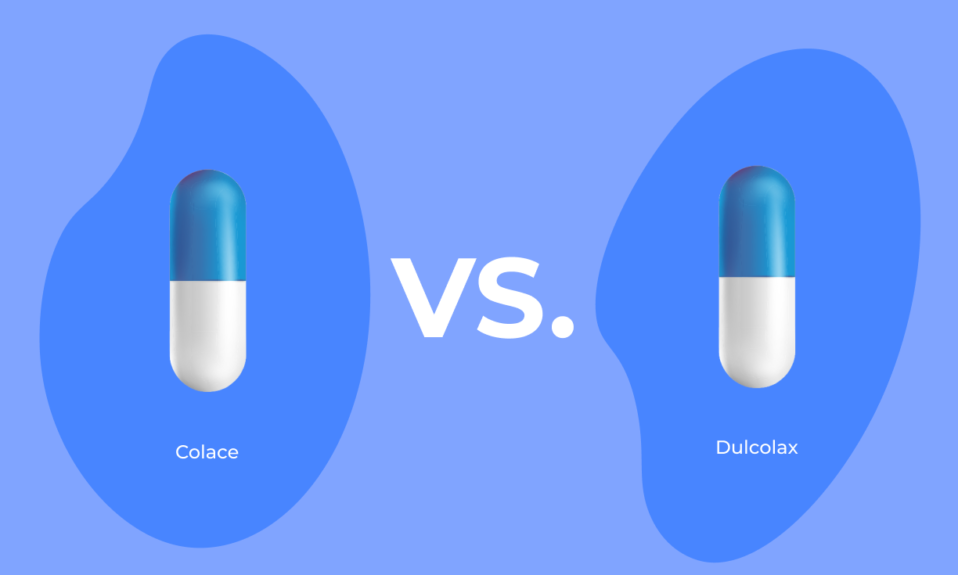

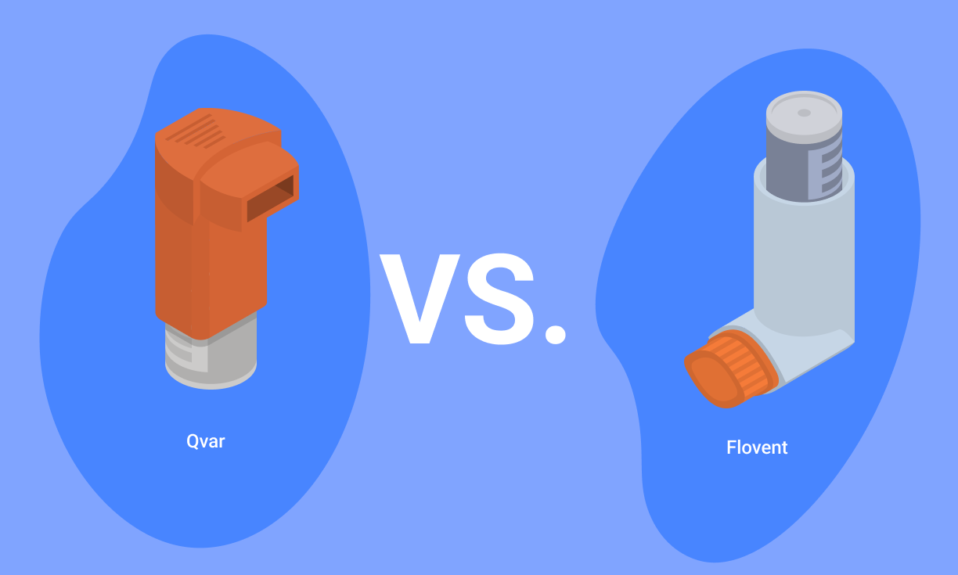
I like the helpful info you provide in your articles. I will bookmark your weblog and check again here regularly. I’m quite sure I’ll learn plenty of new stuff right here! Best of luck for the next!
Definitely believe that which you stated. Your favorite justification seemed to be on the net the easiest thing to be aware of. I say to you, I certainly get irked while people consider worries that they just don’t know about. You managed to hit the nail upon the top and defined out the whole thing without having side-effects , people could take a signal. Will probably be back to get more. Thanks
Definitely believe that which you stated. Your favorite justification seemed to be on the net the easiest thing to be aware of. I say to you, I certainly get irked while people consider worries that they just don’t know about. You managed to hit the nail upon the top and defined out the whole thing without having side-effects , people could take a signal. Will probably be back to get more. Thanks
I think this is among the most important info for me. And i am glad reading your article. But should remark on some general things, The site style is wonderful, the articles is really great : D. Good job, cheers